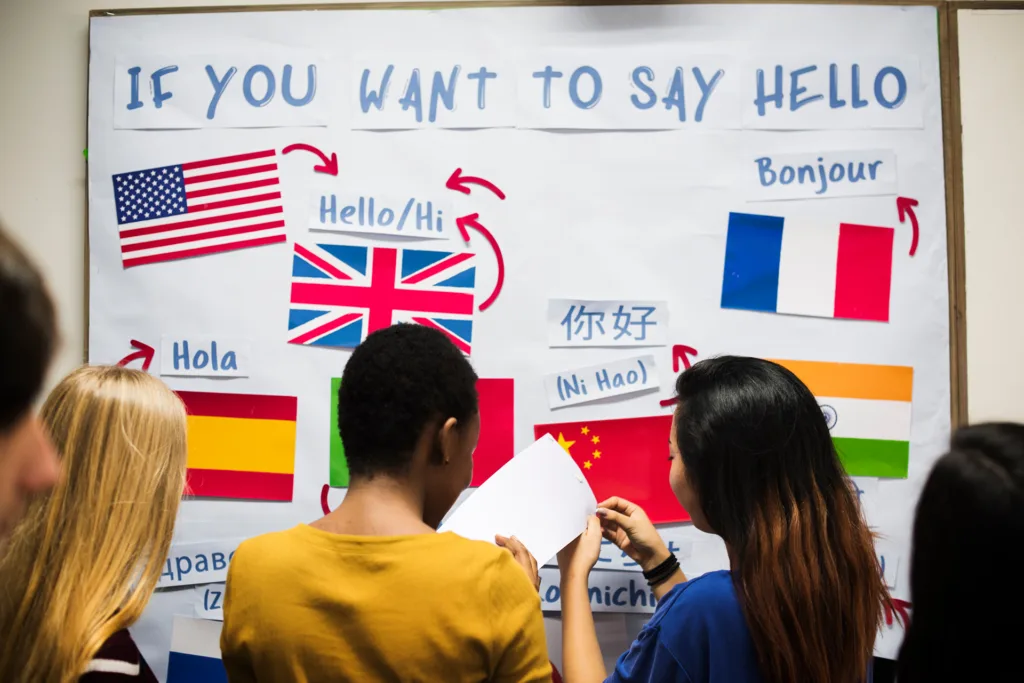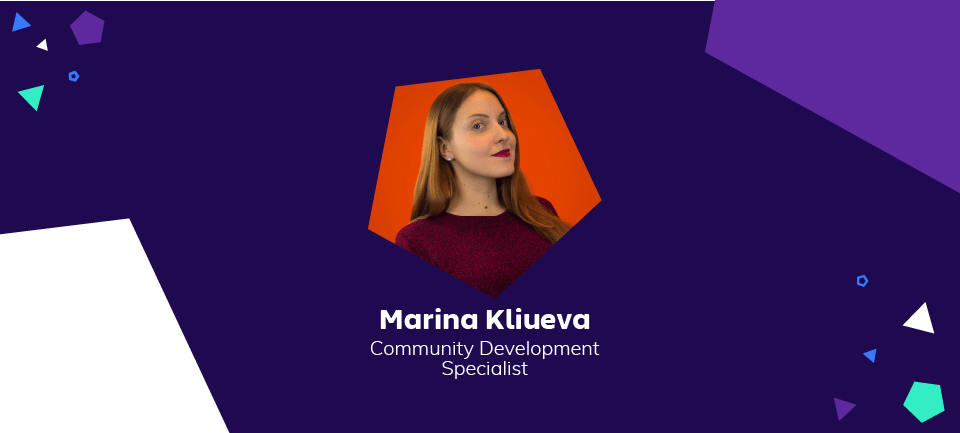6 May 2025
Meet 5CA’s polyglots
Words by Marina Kliueva
Reading time 3 min

Words by Marina Kliueva
Reading time 3 min

Last Friday, the 21st of February, was International Mother Language Day – an annual observance aimed at raising awareness of linguistic and cultural diversity and promoting multilingualism. At 5CA, we have no shortage of multilingual speakers! Just for our beloved readers, we’ve interviewed six polyglots from different projects and departments, and compiled their knowledge into this very article.


Our polyglots, from left to right: Bryan (Fluent: Mandarin Chinese, English, Malay, Iban – an indigenous language of his home state of Sarawak, Malaysia. Intermediate: Russian, Korean) Sinda (Fluent: Standard Arabic and its dialects, French, English, Japanese.) Kamil (Fluent: Polish, Spanish, French, English. Intermediate: Russian, Portuguese, Italian, Czech, Modern Greek, Modern Hebrew) Maria (Fluent: German, Spanish, Catalan, English, French. Intermediate: Luxembourgish, Italian, Portuguese.) Nina (Fluent: Serbian, Bosnian, Croatian, English, Dutch, German. Intermediate: Swedish, Afrikaans.) and Job (Fluent: Dutch, English, German, Spanish. Intermediate: French)
Now, if you’re any good at math, you’ve figured that together, these six multilingual superstars speak more than 25 languages!
When we asked them how and why they managed to learn so many, the answers differed.
Isabel: “I was brought up speaking German, Spanish, and Catalan. Grew up in Austria and Luxembourg, studied in the UK and Spain – a bit of a complicated story”
Bryan: “Starting with three languages at school, I continued by learning more in my free time. I also enjoyed listening to songs in different languages and wanted to know their meanings.”
Kamil: “I always wanted to understand the world, other people’s identities, and the language is the key to that understanding.”
Speaking multiple languages does not necessarily mean you enjoy using all of them equally – so, which languages bring you the most joy?
Job: “It very much depends on the situation. Some words or sayings perfectly describe a situation, but are difficult to translate – e.g. “gezellig” in Dutch, or “quilombo” in Argentinean Spanish.”
Kamil: “Spanish – especially el dialecto rioplatense from Argentina.”
Nina: “Dutch. It’s the language that brought me together with hundreds of people around the world.”
Which language was the toughest to learn?
Sinda: “Japanese! It has three different ‘alphabets’ and three levels of formality, depending on who you’re speaking to. It is also the language I offer support in at 5CA.”
Nina: “I love German, but the articles are a nightmare – still can’t use them properly!”
Bryan: “Mandarin. Studied it for 9 years, and still find some trouble speaking it at times. Not to mention a unique-slash-crazy writing style.”
What is the biggest advantage of being multilingual?
Kamil: “I will always find something in common, something to talk about with other people. Speaking a language is not only about sharing the words, it’s about sharing the cultural background of that language.”
Bryan: “Travelling is definitely much easier! And it’s always a useful talent to show off at parties.”
Sinda: “The ability to communicate with nearly anyone I meet.”
And finally, we asked our polyglots to share their ULTIMATE PRO-TIP to language learning.
Sinda: “Don’t take it too seriously! Watch shows in that language and listen to music, learn it word by word as you go!”
Isabel: “SPEAK! Learn Grammar, but don’t be obsessed. SPEAK! And do not be afraid to make mistakes.”
Job: “You have to be passionate about learning the language. With passion, it is so much easier – as is true for everything else in life.”